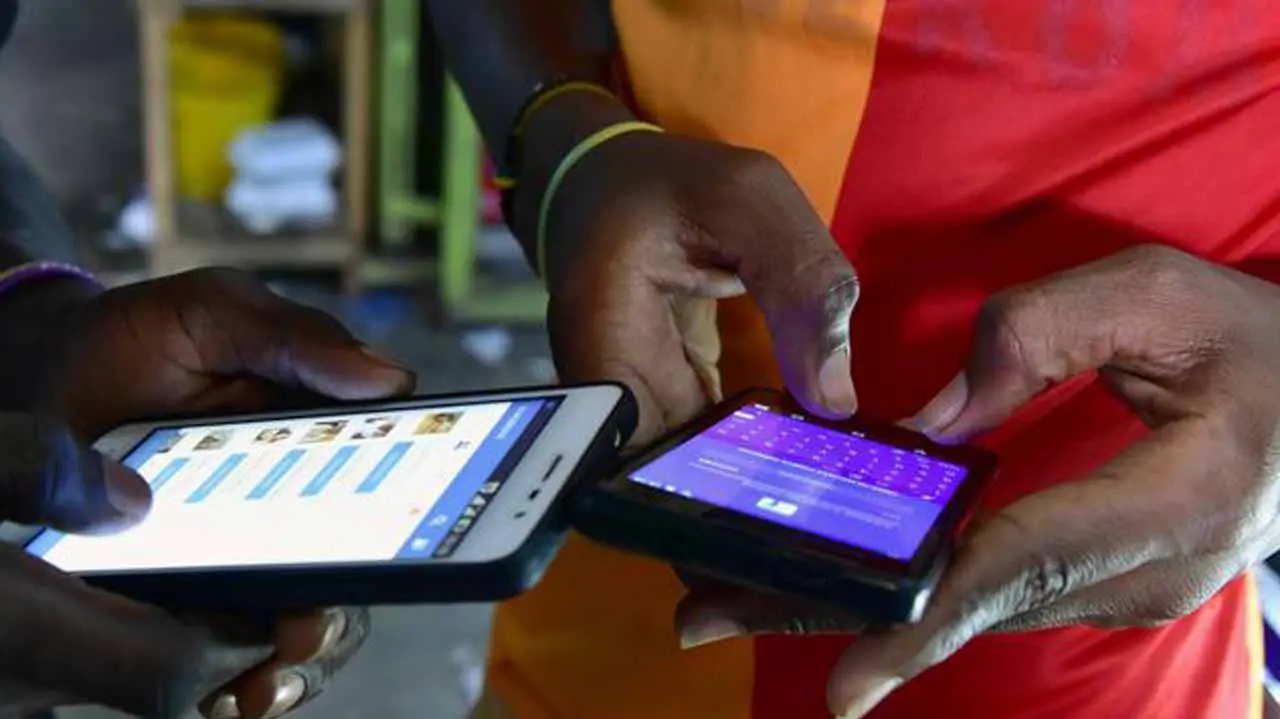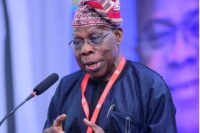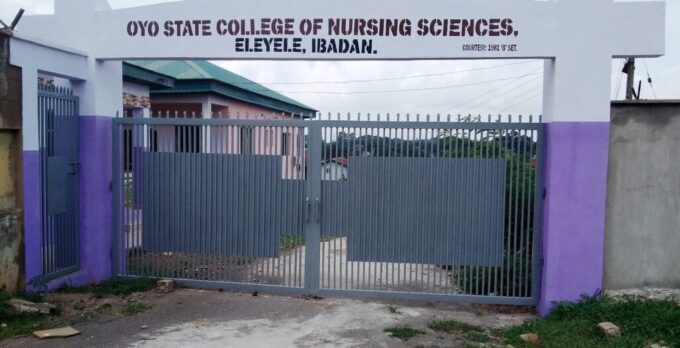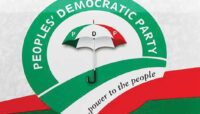Nigerian bank customers will now be charged directly by their mobile network operators for unstructured supplementary service data (USSD) services.
The latest comes two weeks after deposit money banks (DMBs) were instructed by the Nigerian Communications Commission (NCC) to stop deducting charges for USSD transactions directly from customers’ accounts.
Subsequently, customers were notified through email that they would have charges deducted from their mobile airtime.
Giving an update on Wednesday, the chairman of the Association of Licensed Telecommunications Operators of Nigeria (ALTON), Gbenga Adebayo, described the implementation of the USSD transaction deduction as a major step toward transparency and operational sustainability in the delivery of digital financial services.
He disclosed that the move is in line with NCC’s determination of USSD pricing and services, developed in collaboration with the Central Bank of Nigeria (CBN) and other stakeholders.
According to Adebayo, the new billing model would allow mobile network operators to charge customers directly for USSD sessions, with charges deducted from airtime balance at N6.98 per 120 seconds.
He said customers would receive a prompt to opt in and approve the charge before deduction, and billing would only occur for successful sessions.
Adebayo further assured customers that the move would not affect USSD banking services’ availability or functionality, and customers could continue using bank USSD codes with sufficient airtime.
“USSD services play a vital role in expanding access to financial services, particularly for unbanked and underbanked populations,” he said.
“However, the previous corporate billing model, where banks were billed by telecom operators, led to prolonged disputes over unpaid charges, service interruptions and uncertainty for customers.
“To address these challenges, the NCC’s 2025 determination introduced the End-User Billing (EUB) model, which allows mobile network operators to charge customers directly for USSD sessions.
“To achieve the implementation of the EUB model, the CBN and NCC have stipulated that only banks that meet certain regulatory and operational conditions are permitted to migrate.
“To ensure a smooth transition, we urge subscribers to follow support guidelines, alternative digital banking channels such as mobile apps, internet banking, and ATMs remain fully operational,” he stated.


















Leave a comment